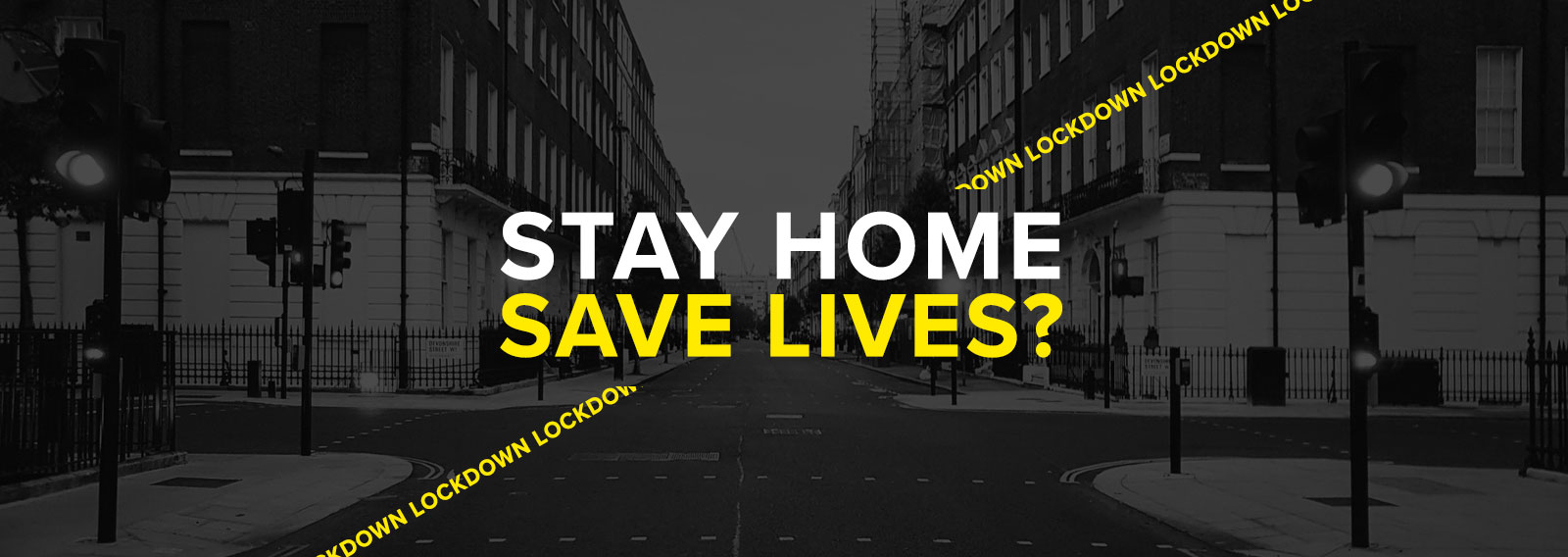Johns Hopkins has released a 62-page study claiming that COVID-19 lockdowns did more harm than good.
The joint study involved Jonas Herby, Lars Jonung, and Steve H. Hanke, three academics in the field of economics, from Denmark, Sweden, and the United States.
They concluded: “Lockdowns have had little to no public health effects, they have imposed enormous economic and social costs where they have been adopted.”
The three authors added: “In consequence, lockdown policies are ill-founded and should be rejected as a pandemic policy instrument.”
Their review on the ‘effects of lockdowns on COVID-19 mortality’ took a broad approach, vetting the research into three groups.
These groups were: ‘lockdown stringency indexes, shelter in place order (SIPO) studies and non-pharmaceutical interventions (NPI).
The process ’employed a systemic search and screening procedure’ engaging with 18,590 studies, which located 34 ‘eligible studies,’ with ’24 qualifying for inclusion in the meta-analysis.’
From these, Herby, Jonung, and Hanke found that ‘Lockdowns in Europe and the United States only reduced COVID-19 mortality to 0.2% on average.’
Shelter-in-place orders raised that % to 2.9% on average, whereas non-pharmaceutical interventions (defined as: government mandates restricting movement) had no evidence of having any effect on COVID-19 mortality at all.
Of significant importance, the Hopkins study findings utterly humiliate early modelling from the Imperial College of London, which predicted that lockdowns would have a 98% reduction in COVID-19 mortality rates.
Also note, that this is the same modelling used by governments around the world to justify their viral adoption and adaptation of the Communist Chinese Party’s police state tactics (first employed against COVID-19 by the CCP in Wuhan).
Out of the 34 studies used in the review, ’22 were peer-reviewed, and 12 were working papers,’ with the majority using ‘data collected during the first wave, before September 1, 2020.’
One study found that ‘government policies are strongly driven by the policies initiated in neighbouring countries rather than by the severity of the pandemic in their own countries.’
What Herby, Jonung, and Hanke offer is a transparent analysis of the available data.
The study doesn’t dig into the absence of key distinctions regarding COVID-19 mortality rates. This is primarily because the paper’s purpose isn’t to tackle reasons behind a lax approach to differentiating between a person having died from, or died with COVID-19.
However, they do imply an acknowledgement of this blurred distinction, noting that obscured data creates blurred numbers which can impact the quality, and outcome of the research.
On the mandating of facemasks, Herby, Jonung, and Hanke determined that not enough research exists.
Although mask mandates appeared to show more benefit in workplace scenarios, the authors note that their findings contrasted with other reviews which found that masks offered no real benefit overall.
Even though masks appear to offer no real benefit, masks may have a positive impact on the COVID-19 mortality rate in other areas, such as limiting social interaction. (No example was given, but I presume they mean public displays of affection, such as kissing.)
The study concludes: “We find no evidence that lockdowns, school closures, border closures, and limiting gatherings have had a noticeable effect on COVID-19 mortality.”
In a damning admonishment of governments, Herby, Jonung, and Hanke write:
“Lockdowns during the initial phase of the COVID-19 pandemic have had devastating effects. They have contributed to reducing economic activity, raising unemployment, reducing schooling, causing political unrest, contributing to domestic violence, and undermining liberal democracy. These costs to society must be compared to the benefits of lockdowns, which our meta-analysis has shown are marginal at best.”
Responses to the Johns Hopkins study varied between shock, scepticism and, the more apt, “we told you so.”
Sharing the article, the fully “vaccinated,” Jordan Peterson wrote on Twitter: “This should be front page news everywhere.”
The well-considered, and well-researched conclusions raise questions about the faith many world leaders are putting into computer modelling.
Especially so, when the epic failure of the modelling used to justify livelihood killing lockdowns is brought up against “catastrophic climate change” modelling, rhetoric, and justifications for “you’ll own nothing and be happy,” “Great Reset”, “climate crisis” policies.
The optics paint a picture of false prophets using crystal balls to predict the future, in place of inductive and deductive applied science.
The Hopkins study’s criticism joins conclusions recently published by The Lancet, explaining that COVID-19 “vaccines” do not stop transmission or infection. Thus making “vax or the axe” “vaccine” mandates not only redundant but inhumane.
As Caldron Pool and I have asked from the outset: ‘Are oppressive totalitarian measures necessary in order to fight against coronavirus?’
We now appear to have the answer, and that answer is, “no.”





















